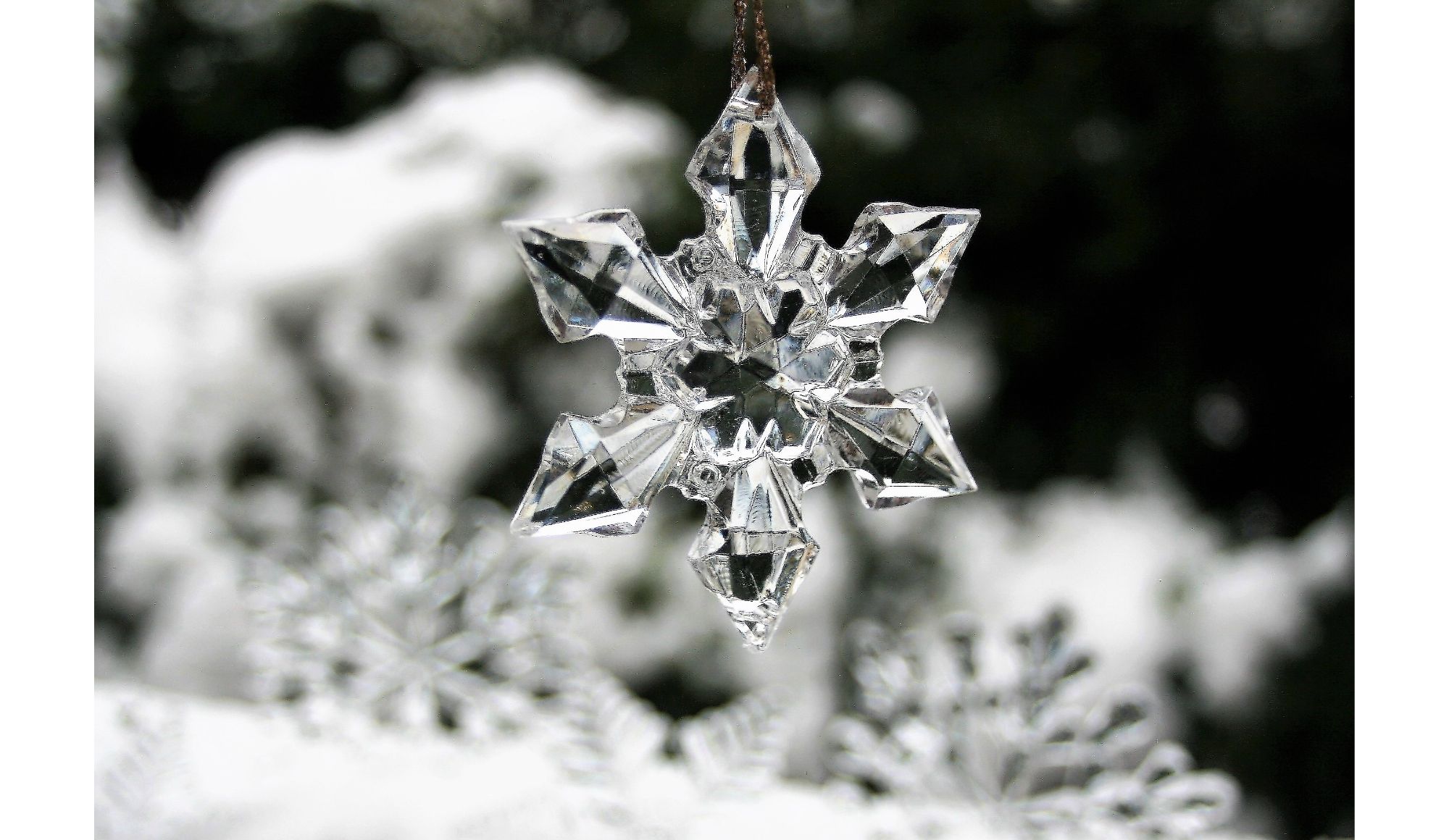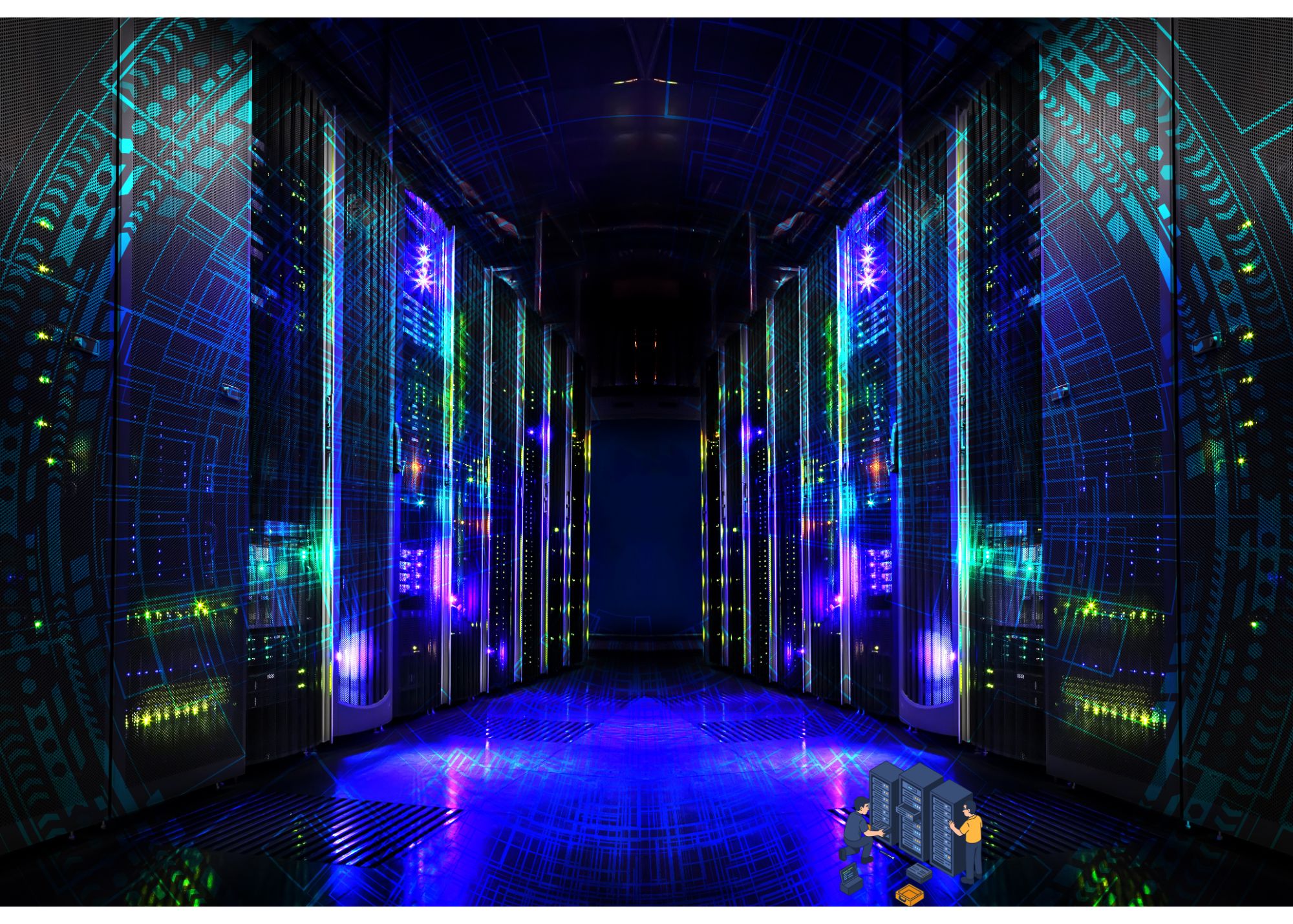Market Commentary: Is Buffett’s IPO Bet In A Bubble?
It’s rare that the Oracle of Omaha makes a bet on a tech company, let alone one that has recently had an initial public offering. It’s even rarer for him to invest pre-IPO, but that’s exactly what he did with Snowflake.
At first, it seemed like a winning bet. Snowflake soared following its public markets debut to around $400 per share. But then the wheels came off and the stock plunged to lows of around $119 per share in June of last year.
With the stock up 30% year-to-date, is it too late to get in on the action or is this high-flying technology firm on the cusp of another downturn?
Key Points
- Snowflake has been losing money and trades with a very high price-to-earnings ratio.
- The metric it uses to measure customer delight, a Buffett favorite, reveals very high satisfaction.
- Snowflake appears to be sacrificing profits for growth at this stage.
Snowflake By The Numbers
The skeptics have lots of ammo when taking pot shots at Snowflake. To begin with, its forward P/E is 291x. The current P/E is -74x and its forecast to plunge to -107x near year.
Overlay 30% growth predicted next year and negative growth in 2025 and you quickly build a bear case that a bubble is nigh. Shouldn’t this company be growing by 100% annually to justify its lofty $56 billion market capitalization.
What Is Buffett Eyeing?
The bears certainly have meat to their argument but let’s take a look at some of the reasons that got Buffett excited in the first place. Revenues grew by 173% in 2020, 123% in 2021, 106% in 2022, and 69% in 2022.
Another under-the-radar number is perhaps the one that Buffett is eyeing most carefully. The easily overlooked metric is called NRRR for short; it stands for Net Revenue Retention Rate.
NRRR is a metric used by SaaS and subscription-based companies to measure the percentage of recurring revenue that is retained from existing customers over a specified period. A high NRR indicates that a company is doing a good job of retaining existing customers and generating additional revenue from them.
Now tie NRRR back to perhaps Buffett’s most important characteristic in a company – how much it delights customers – and quickly you discover what makes Snowflake so endearing. Most recently, Snowflake’s NRR was 162%, meaning customers in the most recent period paid 62% more than in the prior period. Another way of saying that is customers can’t get enough of what Snowflake is offering. Or in Buffett’s words, they are delighted.
The Power of Compounding
If Buffett is right and customers are paying more and more for Snowflake products, an Amazon-like effect might well be in progress at Snowflake. Remember every earnings for years, and even decades, skeptics would argue about how Amazon was trading at too high a valuation because earnings didn’t support its market capitalization?
What Bezos knew was that delighting customers would cause them to come back, and buy more. And more, and more, and more. And they did. The game Bezos played was to sacrifice profits for growth. It was imperative to win over as many customers as possible because so doing would translate into massive lifetime value, squeeze out competitors and dominate market share.
Similarly, it’s possible that Snowflake goes from strength to strength by winning over as many customers as possible in the coming years at the expense of earnings because management knows each customer will pay more each period, driving up a high NRRR, and all the while boosting the market cap of Snowflake to the chagrin of the bears.



